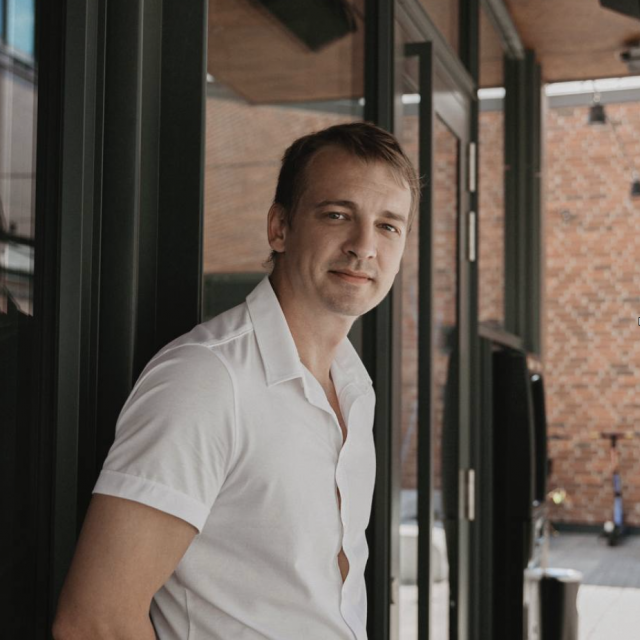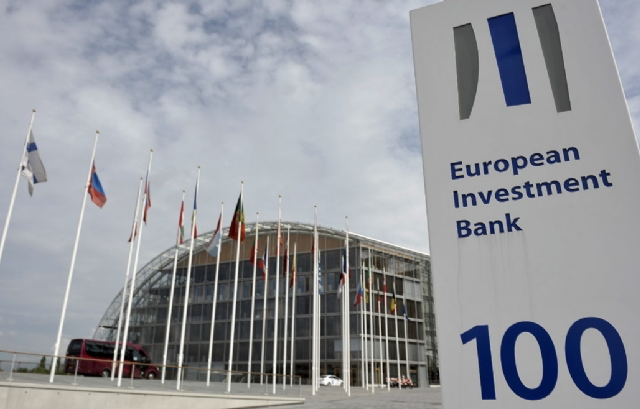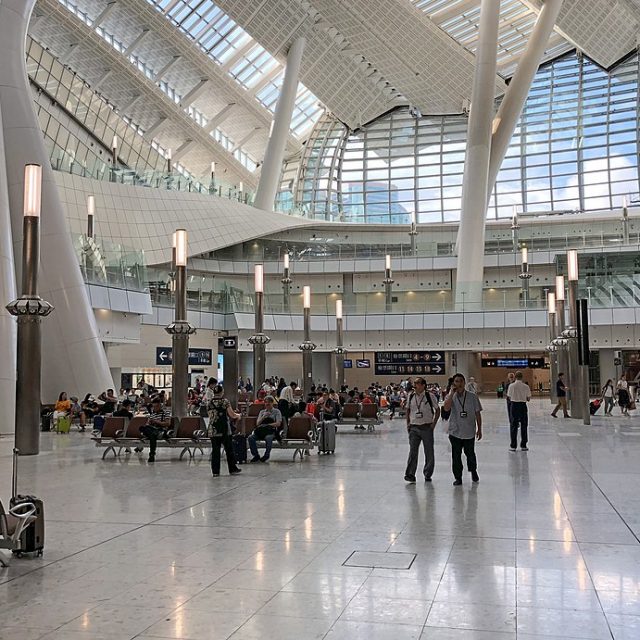By Ekaterina Tsaranok
The concept of higher education has been well established for well over a thousand years. According to UNESCO and Guinness World Records, the University of Al-Karaouine located in Fes, Morocco, is the world’s oldest existing and continuously operating higher education institution in the world, having been established in 859. With international education having such a storied and long history, academic institutions around the world have faced many obstacles. Some of these challenges included tougher restrictions on student visas after the September 11th attacks in the United States, as well as the 2018 Canadian-Saudi diplomatic row which resulted in more than 10,000 Saudi students having their scholarships suspended and recalled back home.
Although there have been numerous crises in higher education, we have yet to see one on the scale presented by the coronavirus outbreak. Unfortunately with the recent pandemic, international academic mobility is not expected to recover anytime soon. Universities will undoubtedly need to adapt. Instead of inviting researchers, lecturers and foreign students, universities will have to go to their priority countries and start building real-world international partnerships, create double degree programmes, as well as open representative offices and international campuses abroad.
This recent trend however began well before the outbreak of COVID-19. Traditionally, this international approach and plan of action had been reserved for the world’s top universities, building their international presence through opening representations and campuses abroad. Today more than ever, regional universities are also joining the fold and opening representative offices in countries where they have academic partners or in international hubs such as Brussels. Brussels is especially attractive due to it being an international relations capital, the centre of European education policy making, as well as a melting pot of grant programmes, research talent, patents and private investors.
Our organisation officially represents two universities from Central Asia, that despite the geographic distance, are full-fledged actors in the global academic process – L.N. Gumilyov Eurasian National University and Central Kazakhstan Academy.
This year we are extremely proud of L.N. Gumilyov ENU which has managed to not only improve its position in numerous international rankings, but to also become the only Central Asian university to be listed in the prestigious QS Top 50 under 50 ranking. It is undoubtedly the result of the effective and well-coordinated work of the administration and teaching staff at ENU. An important role in increasing its prestige, reputation and visibility as an international institution with global ambition belongs to its European representative office in Brussels, based at the Modern Education & Research Institute.
We represent our universities in meetings organised by numerous European institutions, university associations, as well as other academic partners, where we monitor developments in European education policy and funding programmes, search for prospective partners, and sow the seeds for cooperation agreements.
A unique experience for our colleagues in Central Asia and our organisation was participating in the European Commission’s #EUvsVirus ‘Hackathon’ and ‘Matchathon’ initiative. More than 20,000 individuals and organisations joined the online initiative to help solve coronavirus-related challenges by connecting civil society, innovators, academic partners and investors across Europe. We represented our universities in the ‘Remote Working and Education’ domain. More than 400 academic partnerships were built during the two phases of the initiative. It gave regional universities access to an unprecedented number of researchers, professors, and members of university administration globally. In my opinion, such forms of international collaboration will only become more common in the post-pandemic academic world.
By opening representation offices abroad, regional universities become active agents in the global academic sphere. Despite their autonomy and due to their increased influence in international relations, universities are an ever important diplomatic asset that can help promote science and culture as well as mitigate friction between nations.
The next logical step for our universities is to open campuses abroad. This ambition however takes a considerable amount of time to launch and execute and just as long to bear the fruit of success.
The Author, Ekaterina Tsaranok, is the Founder of the Modern Education & Research Institute




